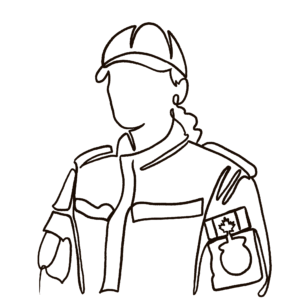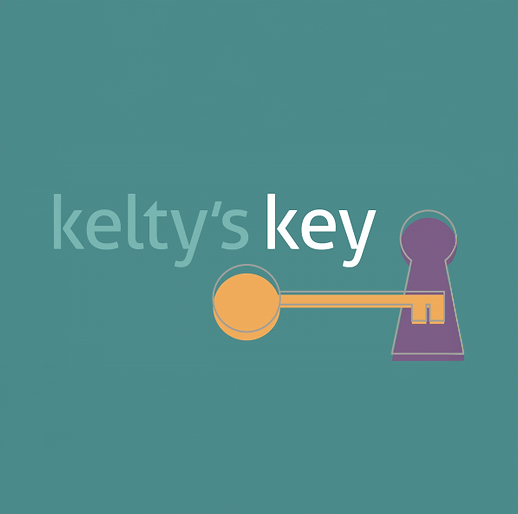
It is natural to worry sometimes. But when persistent worries start affecting your day-to-day activities, your work, your sleep, or your relationships, you may want to check in with your family physician or a trained mental health professional.
Almost one-third of adults will experience some form of distressing anxiety at some point in their lifetime. Anxiety symptoms can affect your physical responses, thoughts, emotions, and behaviours. Symptoms can include:
- Feeling restless, jumpy, or on edge
- Excessive worrying about everyday decisions
- Difficulty concentrating
- A racing heart or cold, clammy hands
- Trembling or twitching
- Having trouble catching your breath
- Feeling dizzy, nauseous, or lightheaded
- Difficulty sleeping
The good news is that there are effective treatment options for overcoming problems with anxiety, such as psychotherapy (talk therapy) and/or medication. In the meantime, you may wish to explore some resources listed below:
For more information and resources on anxiety:

Anxiety Canada:
Visit Anxiety Canada and MAP for Adults. My Anxiety Plan (MAP) is a free, online, self-paced anxiety management course designed to provide adults struggling with anxiety practical strategies and tools to help manage it. MAP includes 6 easy to navigate units with 45 lessons
Check out the free MindShift CBT app

Kelty’s Key:
Kelty’s Key is a free and confidential online therapy service that can provide you with the support you need to feel better at your own pace
This website is meant to provide general information and strategies. They are therefore not meant to be a substitute for individual treatment or therapy. Please consult with your healthcare provider or a member of our team for help specific to your needs.
Do you find this page helpful?


